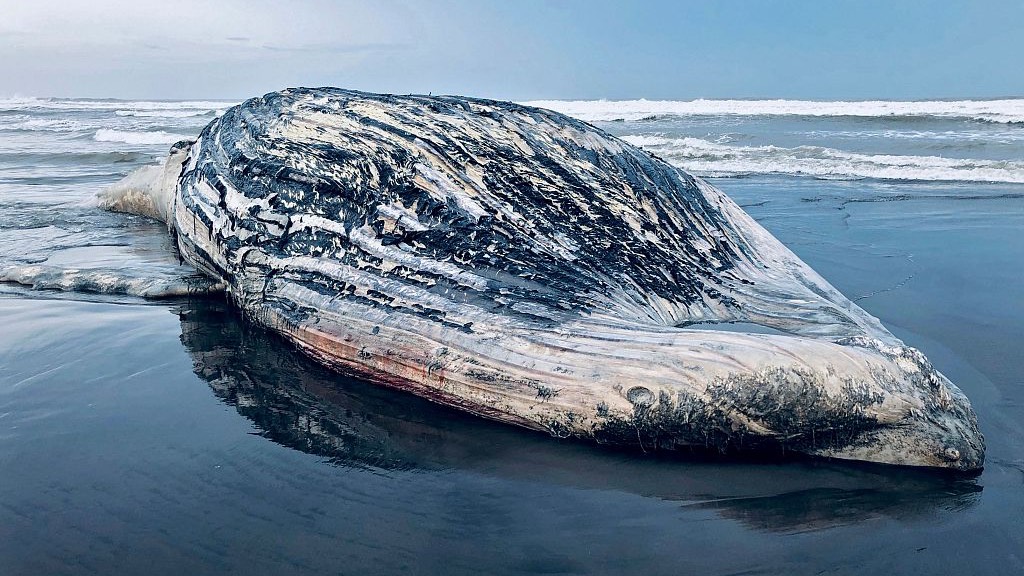BEIJING: The average daily global sea surface temperature has hit a new record as it reached 20.96 degrees Celsius, surpassing a 2016 high, according to the EU’s climate change service Copernicus. This new record is significantly above the average for this time of year.
Oceans play a key role in regulating weather patterns as they absorb heat and produce half of the planet’s oxygen. As the oceans heat up, the warmer waters will be less able to absorb carbon dioxide, leaving the gas in the atmosphere and contributing to hotter temperatures. This can in turn speed up glaciers melting and flowing into the ocean, increasing the sea levels and causing more weather-related devastation and chaos. Warmer marine waters also force sea life to move in search of cooler waters, impacting food chains and fish stocks. And it can cause predatory marine life like sharks to act more aggressively as they struggle in hotter temperatures.Matt Frost, from the Plymouth Marine Lab in the UK, warns that “we are putting oceans under more stress than we have done at any point in history.” It is the timing of this new record that has alarmed researchers and scientists.
Samantha Burgess, from the Copernicus Climate Change Service, says oceans are warmest in March not in August. She has expressed concern “about how much warmer the ocean may get between now and next March.” Scientists are looking into the factors contributing to this surge in temperature in the oceans but say that climate change is a leading cause as seas absorb most of the heat from greenhouse gas emissions.
“The more we burn fossil fuels, the more excess heat will be taken out by the oceans, which means the longer it will take to stabilize them and get them back to where they were,” explains Burgess. The new average temperature record beats the 2016 record which was set when the naturally occurring climate fluctuation El Nino was in full swing and at its strongest. El Nino happens when warm water rises to the surface off the west coast of South America, pushing up global temperatures. –The Daily Mail-CGTN news exchange item






